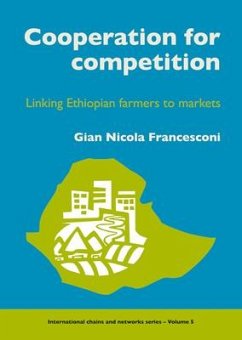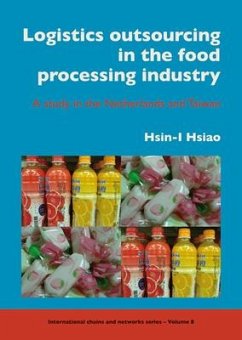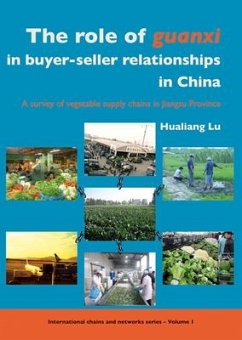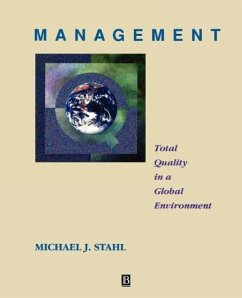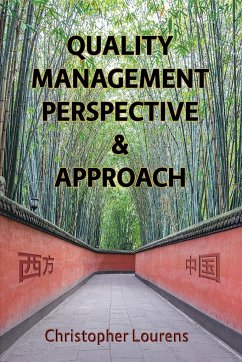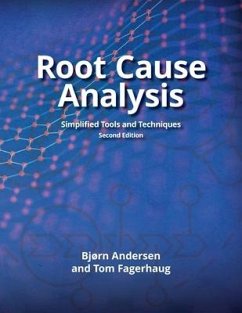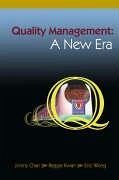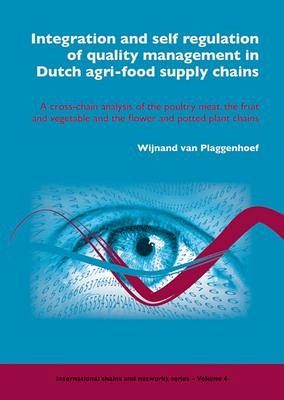
Integration and self regulation of quality management in Dutch agri-food supply chains
Versandkostenfrei!
Versandfertig in über 4 Wochen
71,99 €
inkl. MwSt.

PAYBACK Punkte
36 °P sammeln!
"During the last decade, sector wide crises in agriculture have rapidly followed each other, resulting in serious consumer concerns about the quality and safety of agri-food products. To prevent new crises, governments have developed quality regulations and retailers have introduced quality management standards. However, concerns have been raised about the administrative burdens placed on firms, because they must comply with many private and public quality regulations. Therefore, both government and firms strive for more integration and self regulation of quality management systems.By combinin...
"During the last decade, sector wide crises in agriculture have rapidly followed each other, resulting in serious consumer concerns about the quality and safety of agri-food products. To prevent new crises, governments have developed quality regulations and retailers have introduced quality management standards. However, concerns have been raised about the administrative burdens placed on firms, because they must comply with many private and public quality regulations. Therefore, both government and firms strive for more integration and self regulation of quality management systems.By combining managerial and economic theory, this study builds a framework to demonstrate the impact of integrated quality management on self regulation and performance. Using empirical evidence from the poultry meat, the fruit and vegetable and the flower and potted plant chains, this study shows that integrated quality management systems positively affect performance and self regulation. However, it is necessary to find committed partners that share the firm's quality objectives. In most cases, too strict enforcement of quality requirements is destructive, initiates conflict and does not lead to higher performance. Furthermore, governmental agencies should focus on innovative approaches to assure quality. Not legislation, but factors such as media attention and corporate social responsibility enlarge the integration of quality management systems.This book is recommended for a broad audience of professionals, practitioners and policy makers who concern themselves with the design, management and assessment of quality management and self regulation in agri-food supply chains."



